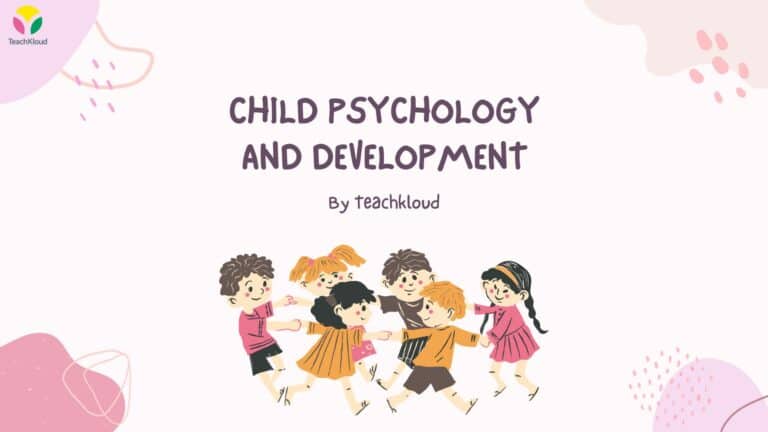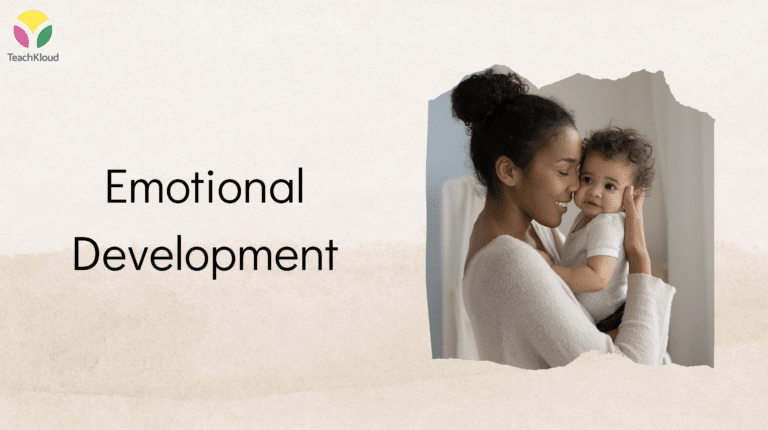The Importance of Social Responsibility
Social responsibility, although a significant concept in many advanced societies, can be overlooked within the home and in educational settings, although, these conversations are becoming more commonplace. Still, raising socially responsible children contributes to children’s personal development and for the betterment of society. Parents are in the perfect position to teach and show their children about the huge world around them, the importance of caring for others, our planet, and how to treat people in an equitable way. But how can this be effectively done? Here are a few techniques.
Awareness of the Broader World Around Them
While it’s natural for young children to be egocentric (i.e. inherently self-focused), guiding them to be aware of the world outside their immediate sphere is crucial. By doing so, you help them to understand the impact of their actions on others and the environment. This forms the basis for developing social responsibility but don’t forget the influence that technology now plays in our lives.
In today’s age, media and technology are a significant part of our children’s lives. It’s essential to guide them on how to navigate these platforms responsibly. Teach your child to question and critically reflect on what they see and encourage them not to spread false information. These skills will enable them to become discerning consumers and creators of media, thereby fostering social responsibility.
Developing a Habit of Reflection
Reflection is often underestimated but is a potent tool in social responsibility. Guide your children to reflect on their daily interactions and their impact. Ask questions like, “How did your actions affect others?” or “How could you have behaved differently?” By doing this, it helps them to see the consequences of their actions, fostering their growth as socially responsible individuals.
Being mindful about their words and actions is an important lesson for children. Demonstrate how language affects people’s feelings, and how actions can positively or negatively impact others. Speak about the importance of listening carefully to understand different opinions, needs, and feelings. This will encourage your child to think critically about their behaviours and the impact they can have on others, boosting their social consciousness. One of the pillars of social responsibility is respect and kindness to everyone. Teaching our children to respect everyone in their circles, regardless of their differences, be it in race, religion, or physical abilities, is absolutely essential. It sets up the foundation for understanding fairness and empathy, and promotes an accepting, open-minded perspective. Remember, charity starts from home!
Start From Your Home
Begin with simple acts of kindness and empathy at home. If they see you helping a family member with something, they will learn that lending a hand is a natural part of social interactions. Discuss your actions with them, explaining why you decided to help and how it feels to assist others. Your open communication nurtures an understanding approach towards helping others.
Try to be as intentional and mindful as possible about what you say and do. Your child is always watching, soaking in the subtleties of your behaviour. Negative actions and words can subtly establish an undesirable precedent in their young minds. Try to leave a positive, uplifting impression whenever possible. This doesn’t mean you have to be perfect – it just means modelling thoughtful, respectful behaviour, even in challenging circumstances. If you’re liking this, you will love our masterclass on guiding positive behaviour. Watch here.
Do your best to be respectful and polite to everyone you interact with, regardless of their role or status in society. However, remember that we are all human and make mistakes. It is the way we improve, react and learn from those mistakes, that matters. The way you connect with different people will teach your child about equality and respect for all. Whether you’re talking to your boss, the cleaning staff, or a homeless person, do your best to treat everyone with the same level of respect and kindness.
Demonstrate Ethical Behaviour
Show your child what it means to be ethical and honest. Let them see you return extra change given by a cashier, pick up rubbish/litter in the park, or apologise when you’re wrong. Your actions will help them grasp the concept of integrity, and they’ll learn that it’s essential to stand up for what’s right, even when it’s not the most convenient or comfortable course of action.
Teaching your child to be socially responsible is a journey, not a marathon. There will be times when they make mistakes and fail. At such times, exhibit patience and discuss their actions, guiding them towards better choices in the future. Remember, they are learning and growing through all their experiences.
Ultimately, your consistency in setting a positive example is crucial in teaching your child to become socially responsible. Be the person you want your child to be, and soon enough, you’ll see them mirror your values in their own unique way. Begin with yourself, regarding being empathic and compassionate towards others, just by being this, you are already teaching your child these skills.
Teaching Empathy and Compassion
Empathy and compassion are two attributes that contribute significantly to being socially responsible. It’s about teaching your children to tune into their own feelings and that of others. By understanding the emotions and experiences of other individuals, your children can develop a sense of care and responsibility that extends beyond their own immediate environment.
Start by introducing the idea of empathy from an early age. Bear in mind, empathy isn’t a concept that children automatically understand. It needs to be explained and demonstrated. There are plenty of children’s books available that expertly illustrate the concept of empathy.
Remember to Foster Open Dialogues about Emotions
Nurturing emotional intelligence in your children involves more than just teaching empathy. It’s equally important to encourage them to express their feelings openly. If they can identify and express their emotions appropriately, they will find it easier to comprehend other people’s feelings too.
A simple exercise to start with this is creating a ‘feelings journal’. You and your child can draw pictures or write words describing different emotions and discuss the appropriate responses to these feelings. Make sure to validate their emotions, emphasising that all feelings are okay and important.
Appreciating the Usefulness of Role-play Scenarios
Role-playing, especially for younger children, is another effective tool for teaching empathy and compassion. It allows children to explore scenarios from different perspectives, fostering a deep understanding of others’ feelings and experiences. By stepping into another’s shoes, your children can develop an appreciation for the diversity of human experiences and learn to respond with kindness and understanding.
Fostering cultural awareness is a crucial part of raising socially responsible children. In a diverse society, children should understand, and respect, the numerous cultures that coexist. Engage your child in learning about various cultures by attending festivals, trying different cuisines, or reading books about different parts of the world. This will help your child appreciate the beauty of diversity and intercultural understanding.
Advocating for Social Justice and Equality
To raise socially responsible children, it’s important to foster a deep understanding of social justice and equality. Instill in them the importance of treating everyone fairly and equally, regardless of differences in race, religion, age, or gender. Discuss current events and societal issues with them to encourage a broader understanding of these concepts.
In general, encourage children to be open about their feelings, whether it is about global societal issues or issues that are deeply personal. Do your best to make it a routine to ask your child how they’re feeling, as well as discussing your own emotions. Not only does this help them identify and understand their own emotions, but it also provides a foundation for recognising these feelings in others.
Conclusion
Bringing up a socially responsible child is no small task, but it’s something that every parent can do, with the right amount of effort, guidance, and tenacity. One cannot over stress the importance of fostering kindness and empathy, encouraging healthy relationships, and moulding your child’s interactions with the digital world. You, as a parent, are the ultimate role model for your child, so being mindful of your behaviour and language is crucial.
Every child’s journey towards social responsibility usually begins at home. By creating a supportive and nurturing environment, you set the stage for your child’s future interactions with the world. It’s crucial to be aware of the words you use and the actions you display within your home since these form the foundation of your child’s behavioural patterns. If you liked this, watch our masterclass on guiding positive behaviour. Watch here.




